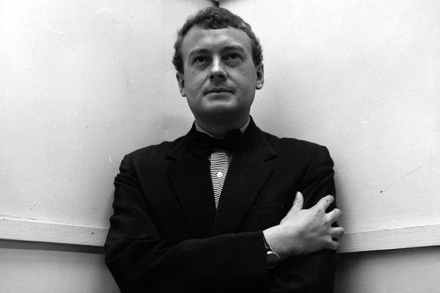A lovable, impossible man: Bryan Robertson, gifted curator and Spectator critic
Andrew Lambirth claims that Bryan Robertson was ‘the greatest director the Tate Gallery never had’; but on the evidence of this book, he would have been a disaster — chaotic, hopeless with money and eternally late. What he actually was was the inspired and inspiring director of the Whitechapel Gallery from 1952 to 1969. He




